Disappointment is a sort of bankruptcy - the bankruptcy of a soul that expends too much in hope and expectation
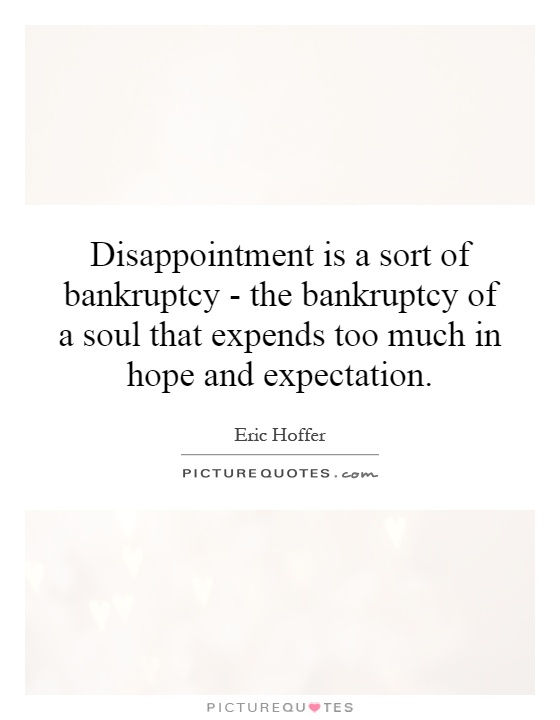
Disappointment is a sort of bankruptcy - the bankruptcy of a soul that expends too much in hope and expectation
Eric Hoffer, a renowned American philosopher and author, once said, “Disappointment is a sort of bankruptcy - the bankruptcy of a soul that expends too much in hope and expectation.” This profound statement speaks volumes about the human experience of disappointment and the toll it can take on one’s emotional well-being.Disappointment is a universal human experience that can leave us feeling empty, defeated, and disillusioned. It occurs when our expectations are not met, when reality falls short of our hopes and dreams. In a world where we are constantly bombarded with messages of success, happiness, and fulfillment, it can be easy to fall into the trap of expecting too much from ourselves and others. When these expectations are not met, we are left feeling disappointed and disheartened.
Hoffer’s comparison of disappointment to bankruptcy is particularly apt. Just as financial bankruptcy occurs when one’s debts exceed their assets, emotional bankruptcy occurs when one’s hopes and expectations exceed reality. When we invest too much of ourselves in a particular outcome, whether it be a relationship, a job, or a personal goal, we risk depleting our emotional reserves and leaving ourselves vulnerable to disappointment.
The danger of emotional bankruptcy is that it can lead to a sense of hopelessness and despair. When we repeatedly experience disappointment, it can erode our sense of self-worth and diminish our capacity for resilience. We may become cynical, jaded, and distrustful of others, closing ourselves off from the possibility of future happiness and fulfillment.
However, it is important to remember that disappointment is a natural part of the human experience. It is inevitable that we will encounter setbacks and failures in life, but it is how we respond to these disappointments that ultimately defines us. Instead of viewing disappointment as a sign of weakness or failure, we can choose to see it as an opportunity for growth and self-discovery. By learning to manage our expectations, cultivate resilience, and practice self-compassion, we can navigate the inevitable disappointments of life with grace and dignity.

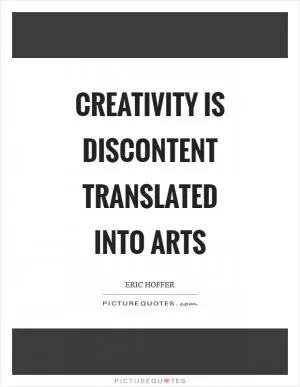
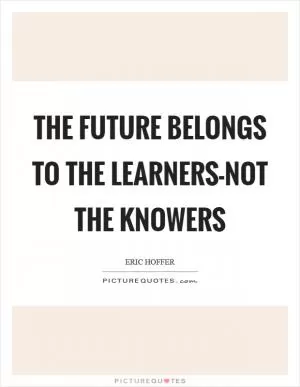


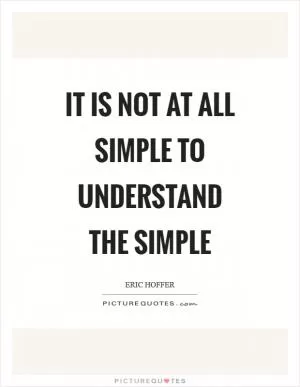


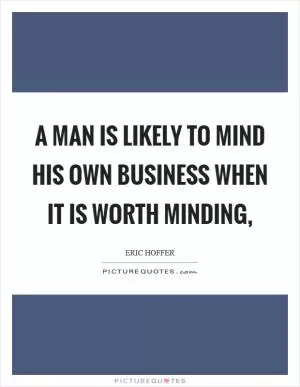
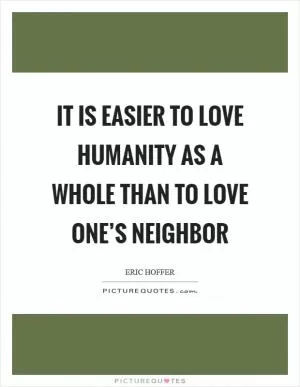


 Friendship Quotes
Friendship Quotes Love Quotes
Love Quotes Life Quotes
Life Quotes Funny Quotes
Funny Quotes Motivational Quotes
Motivational Quotes Inspirational Quotes
Inspirational Quotes